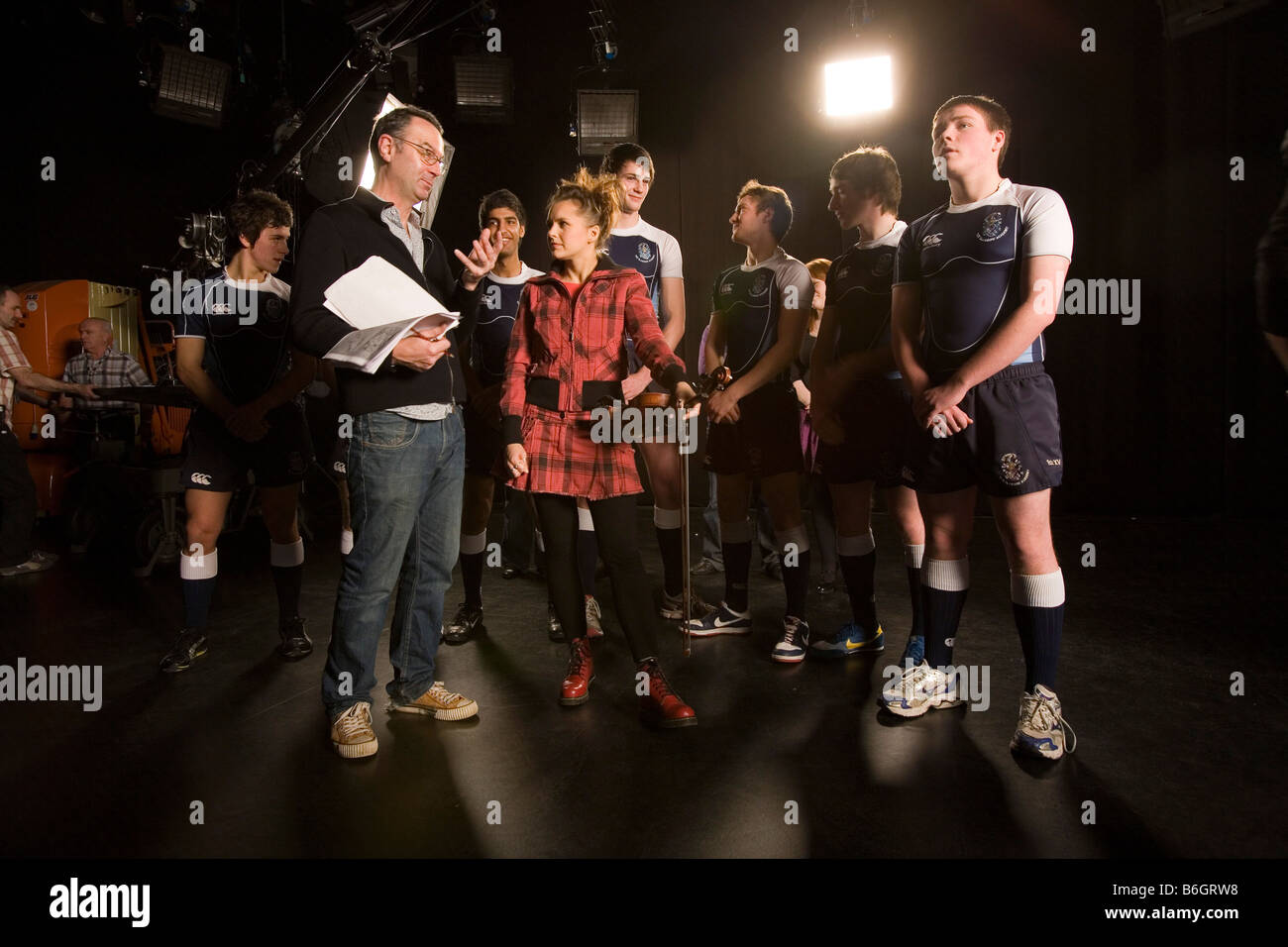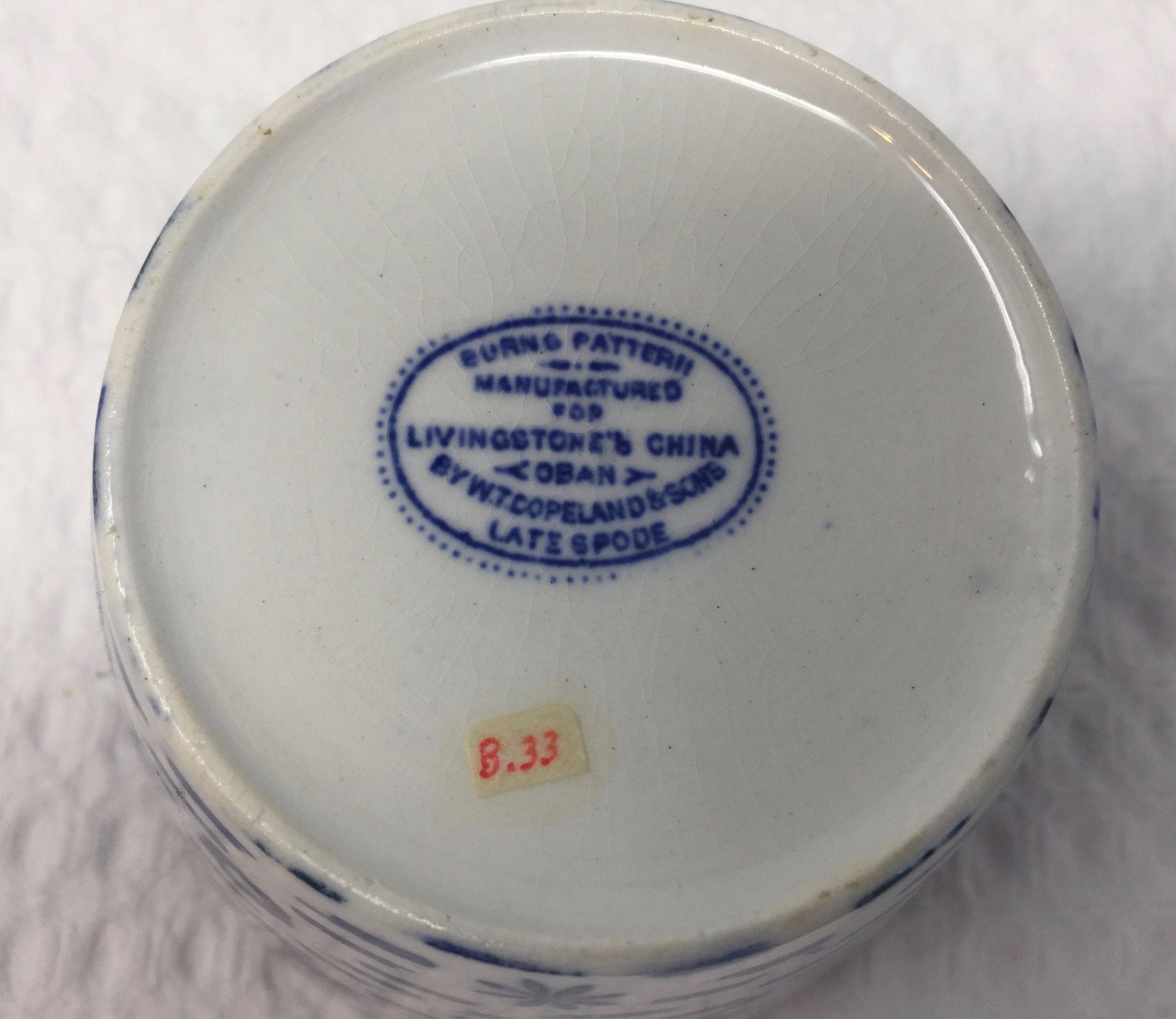
Our friend Rabbie was born on the 25th of January, 1759, at Burns Cottage at Alloway, and this is the traditional night for a Burns Supper, a tradition that began in 1801, five years after the poet’s death. The traditional music for the song comes from an old Scots folk song. Auld Lang Syne, our Rabbie Burns Well, here we are, at Burns Night: the global celebration of the birth of the Bard of Scotland: Robert Burns. Today, the song is sung to celebrate momentous occasions, in particular to celebrate the New Year. The poem’s title may be translated into English as “old long since” or it might be loosely translated as “for the sake of old times.” He is widely regarded as the national poet of Scotland and is celebrated worldwide.


The words for “Auld Lang Syne” come from a Robert “Rabbie” Burns Scottish poem written in 1788, though he claimed to have written it down from an elderly man -an “old song” of “olden times.” It is a song of nostalgic memories. Robert Burns (25 January 1759 21 July 1796), also known familiarly as Rabbie Burns, was a Scottish poet and lyricist.


 0 kommentar(er)
0 kommentar(er)
